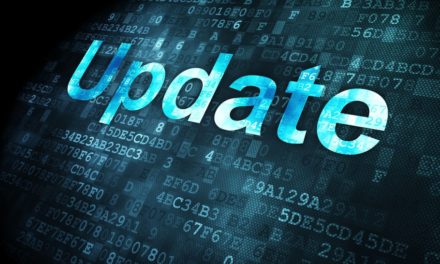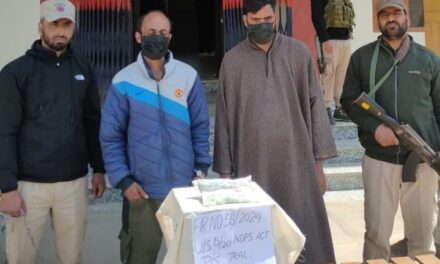871 total views , 1 views today
KNZ NEWS DESK
Srinagar, June 13: Doctors Association Kashmir (DAK) on Saturday said 98 percent population in Kashmir valley is still susceptible to the novel coronavirus.
Only two percent of the valley’s population is immune to Covid-19 infection,” said DAK President Dr Nisar ul Hassan.
A sero-surveillance study conducted in Pulwama district of Kashmir valley by ICMR in May revealed that 2 percent of the population surveyed showed antibodies in their blood,” he said.
The presence of antibodies means that the person had infection in the recent past and is now immune to the virus, he added.
Dr Nisar said of 400 blood samples tested, 8 showed evidence of antibodies in their blood.
The findings of the study showed that most of the people are not immune to the disease and herd immunity is still far away, he said.
Dr Nisar said herd immunity is a situation where a majority of the population in an area is immune to a particular virus and when that is achieved, the virus loses its transmissibility.
While government has reopened economic activities and lifted lockdown,” he said “with much of the population still vulnerable to the disease, sudden end to all confinement measures could be a double-edged sword.
Dr Nisar said when people will come out they will catch the disease for sure. They may recover and get immune too.
But, if there is a change in the virus and the virus behaves differently and becomes more virulent which can happen, there can be more fatalities, and that would do away all the good work that has been done so far, he cautioned.
Dr Nisar said we are not out of woods yet. We are still in it. I don’t want people to think there is no more risk.
With the easing of restrictions, it is necessary to prepare for the arrival of new waves of the virus that could be stronger, he said.
People should not be complacent and the only way to stop the spread of virus is by taking precautions like social distancing, wearing face masks in public and washing hands correctly and frequently,” said Dr Nisar.
ICMR conducted the survey simultaneously in 82 other districts across the country and found the national figure of immune population at just 0.73%, he said.

























